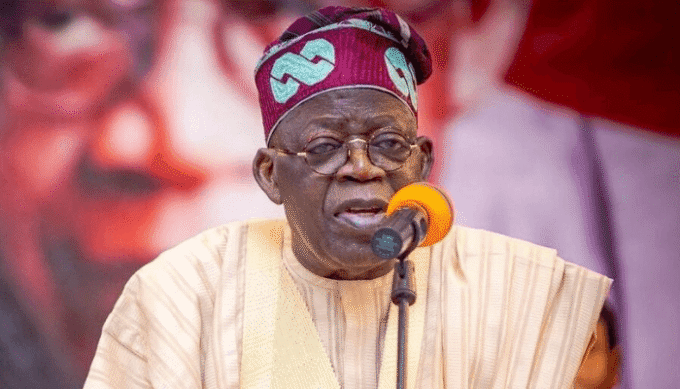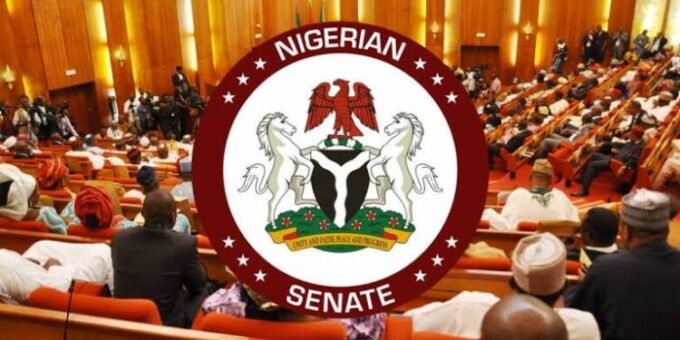Speaker of the House of Representatives, Tajudeen Abbas, has warned that Nigeria risks mortgaging its future generations if governments at all levels continue on the path of “reckless borrowing” without clear economic returns.
Abbas, represented by House Majority Leader Julius Ihonvbere, spoke on Monday at the opening session of the West Africa Association of Public Accounts Committees (WAAPAC) annual conference in Abuja.
The conference was themed “Strengthening Parliamentary Oversight of Public Debt: The Role of Finance and Public Accounts Committees.”
He cautioned that while borrowing could drive growth if properly managed, Nigeria’s ballooning debt profile has become a source of concern, particularly as it now exceeds the legal threshold.
“When managed prudently, public debt can be a tool for growth and prosperity. But when left unchecked, it becomes a burden that erodes economic stability and threatens the welfare of future generations,” Abbas said.
The Speaker revealed that Nigeria’s total public debt stood at N149.39 trillion (about $97 billion) as of Q1 2025, marking a sharp rise from N121.7 trillion in 2024. According to him, domestic borrowing makes up 53 percent of the debt while external loans account for 47 percent.
Even more worrisome, he noted, is that Nigeria’s debt-to-GDP ratio has hit 52 percent, far above the 40 percent ceiling permitted by law.
“This breach of our debt limit signals the strain on fiscal sustainability. It underscores the urgent need for stronger oversight, transparent borrowing practices, and a collective resolve to ensure that tangible economic and social returns match every naira borrowed,” he added.
Abbas also highlighted that the debt crisis is not peculiar to Nigeria but a continental challenge. Africa’s public debt, he said, stood at $1.8 trillion in 2022, with many countries already in “dangerous territory.”
Sudan’s debt-to-GDP ratio stands at 344% ; Angola: 136.8% ; Ghana: 84% ; Kenya: nearly 70% ; and South Africa: above 77%
He lamented that African governments now spend more on debt servicing than on health and education, describing it as a “structural crisis” that shrinks the fiscal space available for development.
The Speaker insisted that loans must be tied to tangible developmental projects such as infrastructure, healthcare, education, and industries that generate jobs, and not wasted on recurrent expenditure or corruption.
“Reckless debt that fuels consumption or corruption must be exposed and rejected. Our oversight role is not about figures alone but the lives and futures behind those figures,” he warned.
He further explained that Africa’s debt structure leaves many nations vulnerable, as western private lenders hold 35 percent of Africa’s government debt, while multilateral institutions such as the World Bank and IMF control 39 percent. Bilateral loans account for 13 percent.
“The high cost of commercial loans and the burden of repayment in foreign currencies make African economies susceptible to market shocks. This narrows our policy choices and slows the pace of sustainable development,” Abbas said.
To address the crisis, Abbas urged parliaments across Africa to strengthen finance and public accounts committees as watchdogs of fiscal discipline.
He also called for public hearings on major borrowing plans and the publication of simplified debt reports to ensure citizens are informed and engaged in the debt management process.
According to him, “Oversight is most effective when it is not only parliamentary but also people-driven. Citizens have the right to know, and we have the duty to inform.”
He pledged that Nigeria’s House of Representatives would remain committed to transparency and accountability in public finance management.
“If Africa must grow stronger, we must negotiate fairer terms of borrowing, reduce dependence on external finance, and mobilise more domestic resources,” he said.
The WAAPAC conference, which brought together lawmakers, auditors, and financial experts across West Africa, is expected to develop new strategies for sustainable debt governance on the continent.
Do you want to share a story with us? Do you want to advertise with us? Do you need publicity for a product, service, or event? Contact us on WhatsApp +2348183319097 Email: platformtimes@gmail.com
We are committed to impactful investigative journalism for human interest and social justice. Your donation will help us tell more stories. Kindly donate any amount HERE




















Leave a comment